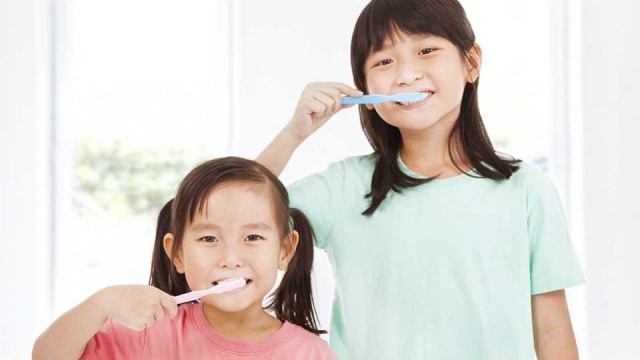Chemotherapy is a cancer treatment that inhibits cancer cells and can cause changes in the condition of the oral mucosa. Mucocytis in the mouth and esophagus is one of the side effects of chemotherapy. Oral care is one of the preventative management of mucositis.
Cancer is one of the leading causes of death in the world (Ministry of Health Indonesia, 2015) and is the number two cause of death in children after accidents. Mucocytis in the mouth and esophagus is one of the side effects of cancer treatment in children. Oral care in cancerous children is vital to prevent systemic complications. Children need parents to maintain cleanliness and dental and oral health because of limited knowledge and abilities.
Parents need to be confident and firmness in teaching proper oral care for their children. Thus, they need to learn and gain their self-confidence in performing oral care for children with cancer disease.
The obstacle determines the behavior of parents in performing oral care for their children. The greater the obstacles, the less likely the actions that parents will take in performing oral care for children with cancer. The attitude and behavior of parents in maintaining the oral health of children is very influential on the habits of children to brush their teeth. The purpose of this research is to find the perceived obstacles and parental experiences in performing oral care in cancerous children.
The research location is the Indonesian Child Cancer Care Foundation Surabaya. Research respondents are parents, especially mothers of children with cancer. Parents were interviewed about their background and their experience in treating cancer children. Moreover, there was question and answer discussion related to oral care for children with cancer.
Each interview lasted for 10-25 minutes. There was interviews result, field notes collected, and data analysis. The researcher contacted the respondent to validate the verbatim manuscript. Validation is done directly at YPKAI. The results were analyzed to obtain themes, discuss results, conclusions, and present data.
The results identified 7 themes based on the objectives of the study, such as barriers to care, sources of experience, support, the impact and beliefs of parents in performing oral care, as well as the preparation and methods used by parents. Based on the results of this study, it was found that the dental and oral care barriers for children with cancer originated from external and internal.
External barriers come from the children or the environment, such as refusing to brush their teeth, the physical crying response while brushing their teeth, and their age is mostly under five years old. Feeling uncomfortable also affects a child’s attitude. As a result, parents can’t implement a proper oral care routine.
The hospital is an environment that is hard for parents to implement proper oral care for children with cancer. Hospitalization for children is a stressful experience, both for the child and parents. Children with cancer undertook treatment rules often require children to remain bed rest, so oral care cannot be carried out effectively.
Children with cancer that undergo the treatment are required to stay longer in the hospital. Oral care for children is often neglected for various reasons. Thus, it makes parents feel uncomfortable or hindered by medical procedures that are being undertaken by children in the hospital.
Author: Ilya Krisnana, S.Kep., Ns., MKep
Link:





